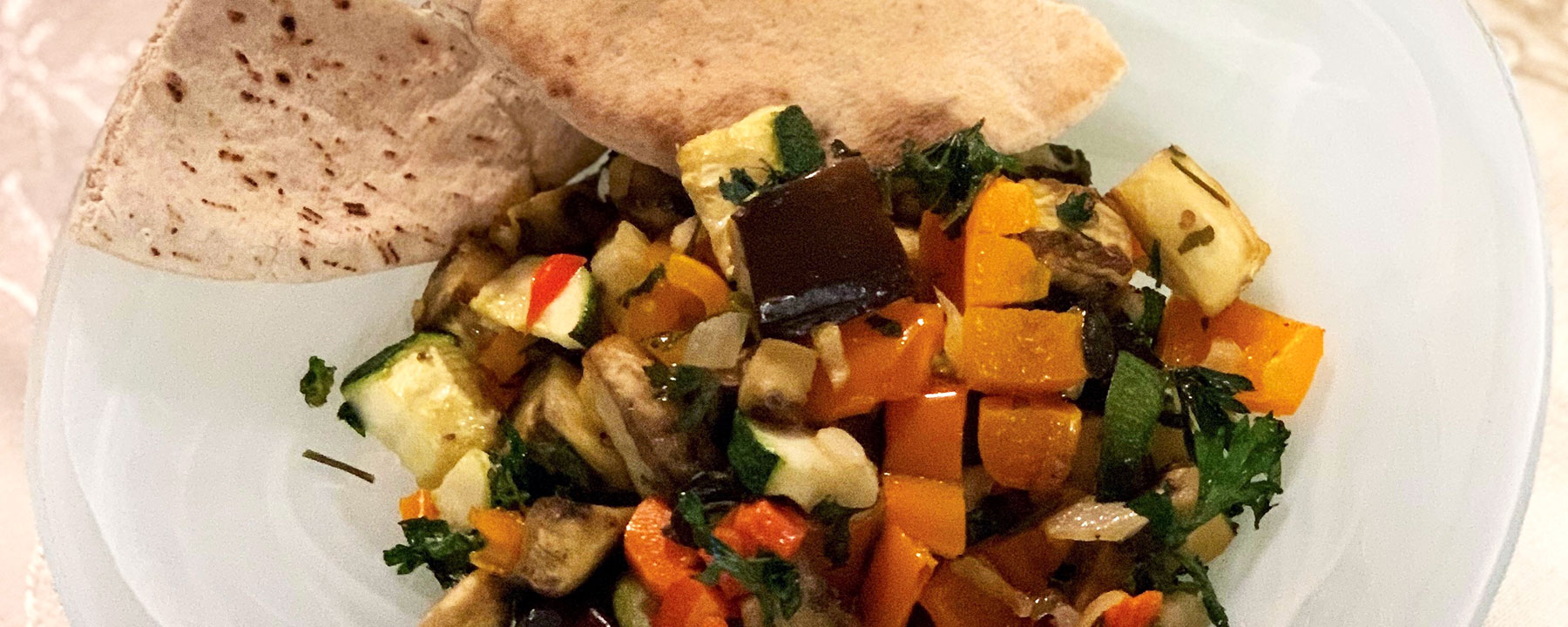By Marissa Martorana, R.D.
As a Registered Dietitian, I am often asked if there are certain foods that could prevent the flu or a cold. Although there is not one particular food that will offer complete immunity to the flu or a cold, there are certain eating patterns, nutrients and daily practicesthat could contribute to a properly functioning immune system. According to the USDA dietary guidelines for 2015-2020, “An eating pattern is more than the sum of its parts: it represents the totality of what individuals habitually eat and drink, and these dietary components act synergistically in relation to health. As a result, the eating pattern may be more predictive of overall health status and disease risk than individual foods or nutrients.”
There are, however, specific nutrients that have been shown to help support the growth of immune cells such as vitamin C, zinc, vitamin D, iron, selenium and protein. These nutrients can be easily obtained through diet with a bit of planning to ensure that eating patterns are reflective of these nutrients.
- Vitamin C foods include strawberries, citrus fruits, tomatoes, broccoli and bell peppers.
- Foods that contain zinc include oysters, red meat, poultry, other seafood, beans, nuts and whole grains.
- Vitamin D foods include fatty fish, beef liver, egg yolk, cheese and fortified dairy and dairy alternative drinks.Many other foods are fortified with vitamin D, so be sure to read the labels if you are seeking additional vitamin D. Direct sun exposure on the skin also helps our bodies make vitamin D.
- Iron rich foods can be found in meats, poultry, seafood, legumes, nuts, dried fruits and iron-fortified cereals and breads. When consuming plant-based iron foods, it’s best to pair with a vitamin C rich food in order to increase iron absorption.
- Selenium foods include animal-based protein such as seafood, meat, poultry, eggs and dairy, as well as breads, cereals and other grains.
- Protein foods can come from either animal-based proteins such as meats, eggs and dairy, as well as plant-based proteins such as legumes, soy, quinoa, nuts and seeds.
It is also noteworthy to mention that there is a large area of research linking our microbiome, which is a network of microbes mainly living in our intestines, to immune function. So, what does this mean for immune health? Focusing on foods that feed and grow the “good microbes,” which are prebiotic foods. Think fruits, vegetables, legumes and whole grains. Probiotic foods contain live bacteria, which is helpful for our gut health as well, and include yogurt with live cultures, fermented veggies, tempeh, kimchi, miso, kefir, kombucha tea and sauerkraut. By implementing these foods into our dietary patterns, we can be confident we are taking care of our gut health, which may contribute to increased immune health.
In addition to following a nutrient rich dietary pattern, other daily practices that contribute to a healthy immune system are adequate sleep, stress management techniques and regular exercise. If you need additional support in any of those areas, reaching out to a Registered Dietitian or mental health professional could be helpful.
For mental health resources and referrals, visit bchd.org/resources.
To learn about Blue Zones Project inspired food, register for BCHD’s next Blue Zones Project Cooking Show at bchd.org/blue-zones-grocery-stores.
References:
The Nutrition Source; Nutrition and Immunity; November, 2020. https://www.hsph.harvard.edu/nutritionsource/nutrition-and-immunity/




